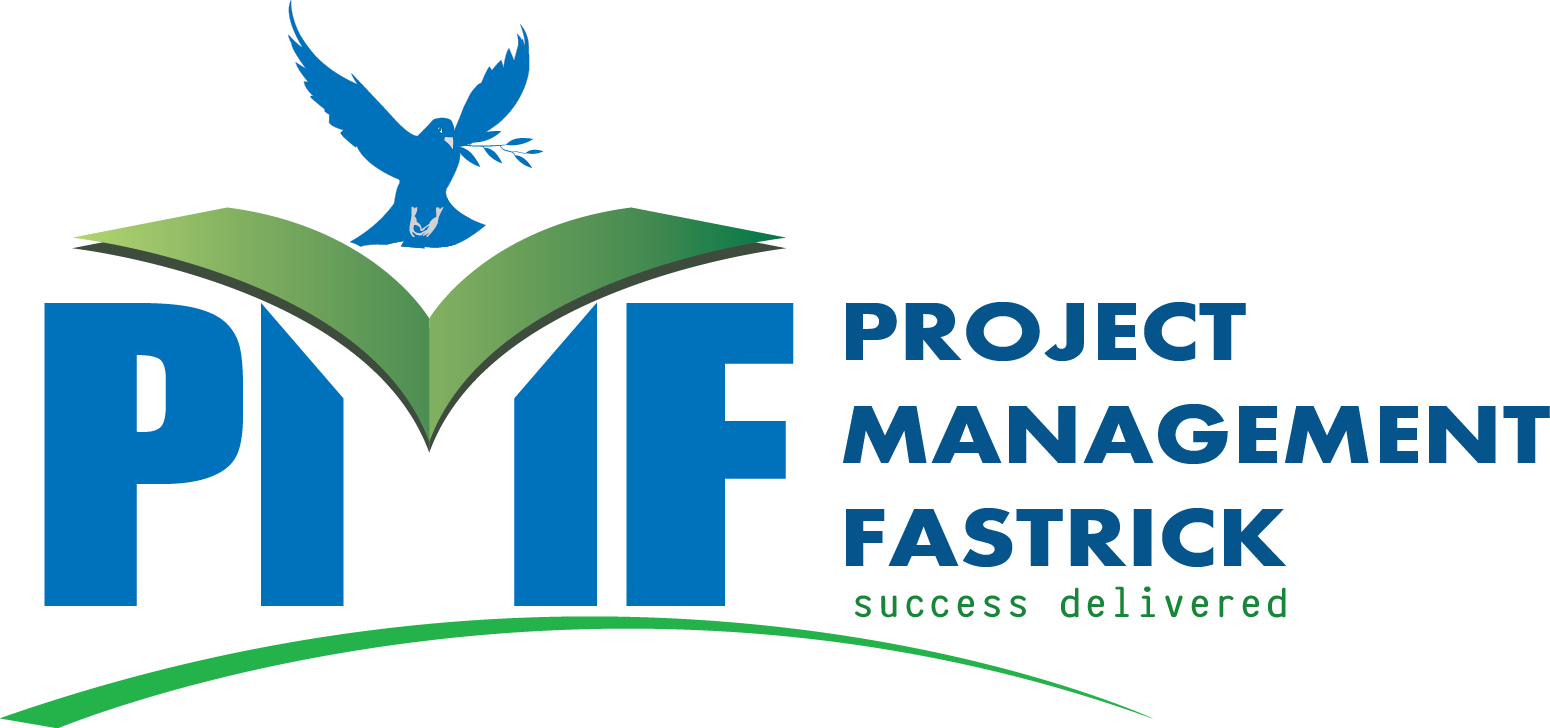Top 10 Reasons: Why Should we Adapt Agile In today’s rapidly evolving business landscape, organizations across industries are seeking ways to improve their project management and delivery processes. Agile methodology has gained significant popularity as a flexible and efficient approach to software development and project …
- Home
- Agile
Agile
20 September
10 Selection Criteria for Agile Projects: 1. Release/ Project duration. Agile can work better for a project, if the duration range between 6 – 8 month. And so it can be broken into several releases depending on Critical to business, MMF features and the …
18 August
Estimation is a crucial aspect of Agile project management, enabling teams to forecast project timelines, allocate resources effectively, and plan iterations. Agile estimation techniques provide a more flexible and collaborative approach compared to traditional methods. By incorporating the collective knowledge and expertise of the team, …
22 July
Agile project management has gained widespread popularity for its ability to deliver value in a dynamic and rapidly changing environment. While Agile methodologies provide a flexible and iterative approach, successful implementation requires a combination of effective practices and a supportive team culture. In this article, …
18 July
Capacity planning is a critical aspect of Agile project management that enables teams to effectively allocate resources, manage workloads, and ensure sustainable delivery. By understanding and optimizing the team’s capacity, Agile practitioners can avoid overloading individuals, minimize bottlenecks, and enhance overall productivity. In this article, …
25 May
The Scrum Master is a crucial role in Agile project management, responsible for ensuring the effective implementation of Scrum practices and facilitating the team’s progress and success. Let’s explore the key roles and responsibilities of a Scrum Master: Facilitating Scrum Processes: The Scrum Master is …
23 May
Traditional project contracts often emphasize rigid specifications, fixed deliverables, and strict timelines. However, Agile methodologies require a different approach—one that embraces flexibility, adaptability, and collaboration. Agile contracts are designed to support the iterative and evolving nature of Agile projects while fostering a cooperative relationship between …
17 May
Distributed Agile : Best Practices and Tools for Success
- Posted by PMF Edu
- Categories Agile, Project Management
- Comments 0 comment
Distributed Agile teams are becoming increasingly common in today’s globalized world, enabling organizations to tap into talent from around the globe. However, managing Agile projects with distributed teams presents unique challenges. In this article, we will explore best practices and tools to help you successfully …
11 March
Agile methodologies have proven to be highly effective in delivering value and fostering collaboration in small to mid-sized projects. However, when it comes to large and complex projects involving multiple teams, scaling Agile becomes a critical consideration. Scaling Agile requires careful planning, coordination, and the …
07 March
Agile Risk Management: Identifying, Mitigating, and Embracing Risks
- Posted by PMF Edu
- Categories Agile, Risk Management
- Comments 0 comment
Agile Risk Management takes a different approach compared to traditional project management methodologies. Rather than treating risks as something to be feared and avoided, Agile teams understand that risks are inherent in any complex endeavor and can be opportunities for growth and learning. By adopting …
20 January
In Agile project management, metrics play a vital role in assessing the progress, performance, and overall success of a project. Agile teams rely on metrics to gain insights into their work, identify areas for improvement, and make data-driven decisions. Among the various metrics available, Agile …
20 January
Agile methodologies have proven to be highly effective in transforming businesses, enabling them to adapt to the fast-paced and ever-changing market dynamics. Agile Transformation involves a fundamental shift in how organizations approach project management, product development, and overall business operations. However, implementing Agile practices in …
20 January
In an Agile environment, the role of Scrum Masters evolves from traditional command-and-control to that of Agile leaders. Agile leaders empower teams, foster a culture of collaboration, and drive continuous improvement. In this article, we will explore the essential skills that Agile project managers and …
20 January
Agile project management has revolutionized the way organizations approach project delivery by embracing flexibility, collaboration, and continuous improvement. Agile methodologies, such as Scrum and Kanban, enable teams to respond rapidly to changing requirements and deliver high-quality products. In this article, we will explore the ten …
20 October
Agile methodologies have transformed the way organizations approach project management, enabling teams to deliver value in a flexible and iterative manner. Two popular Agile frameworks, Kanban and Scrum, have gained significant recognition for their effectiveness in different contexts. Understanding the differences between Kanban and Scrum …
20 October
Project management methodologies play a critical role in determining the success of any project. Two popular approaches, Agile and Waterfall, offer distinct frameworks for managing projects. While Agile focuses on flexibility and adaptability, Waterfall follows a sequential and structured approach. In this article, we will …



















